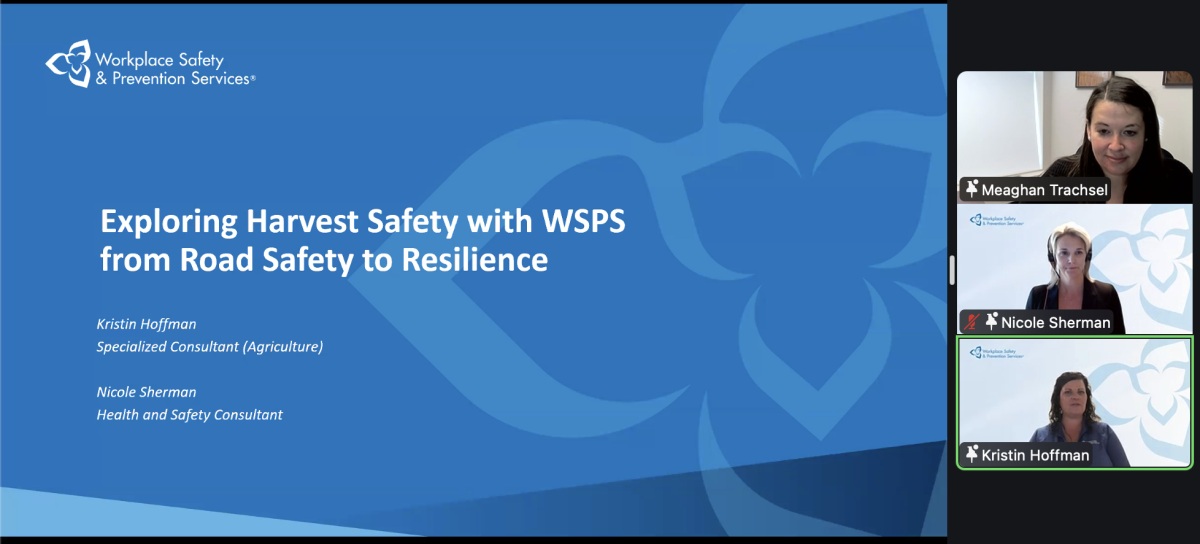The United Nations Food and Agriculture Organization (FAO) is sounding the alarm over food supplies and prices in several countries.
The cereal import bill of the world’s poorest countries is forecast to rise by 56 per cent in 2007/2008. This comes after a significant increase of 37 per cent in 2006/2007, FAO said in a release April 11.
For low-income food-deficit countries in Africa, the cereal bill is projected to increase by 74 per cent, according to the UN agency’s latest Crop Prospects and Food Situation report. The increase is due to the sharp rise in international cereal prices, freight rates and oil prices.
Read Also

Exploring Harvest Safety
Kristin Hoffman of WSPS explains measures for increased farm safety around harvest season
FAO said food riots have been reported in Egypt, Cameroon, Cote d’Ivoire, Senegal, Burkina Faso, Ethiopia, Indonesia, Madagascar, the Philippines and Haiti in the past month. In Pakistan and Thailand, army troops have been deployed to avoid seizing of food from the fields and from warehouses.
“The reality is that people are dying already in the riots,” FAO Director General Jacques Diouf told a news conference in Rome. “They are dying because of their reaction to the situation and if we don’t take the necessary action there is certainly the possibility that they might die of starvation. Naturally people won’t be sitting dying of starvation, they will react.”
Diouf called on heads of state and government to attend a food crisis summit in Rome on June 3-5.
FAO has launched an Initiative on Soaring Food Prices (ISFP), offering technical and policy assistance to poor countries affected by high food prices in order to assist vulnerable farmers to increase local food production. Field activities are starting in Burkina Faso, Mauritania, Mozambique and Senegal. FAO will also help governments prepare actions and strategies to increase agricultural production.
According to FAO’s first forecast world cereal production in 2008 is to increase by 2.6 per cent to a record 2.164 billion tonnes. The bulk of the increase is expected in wheat, following significant expansion in plantings in major producing countries.














